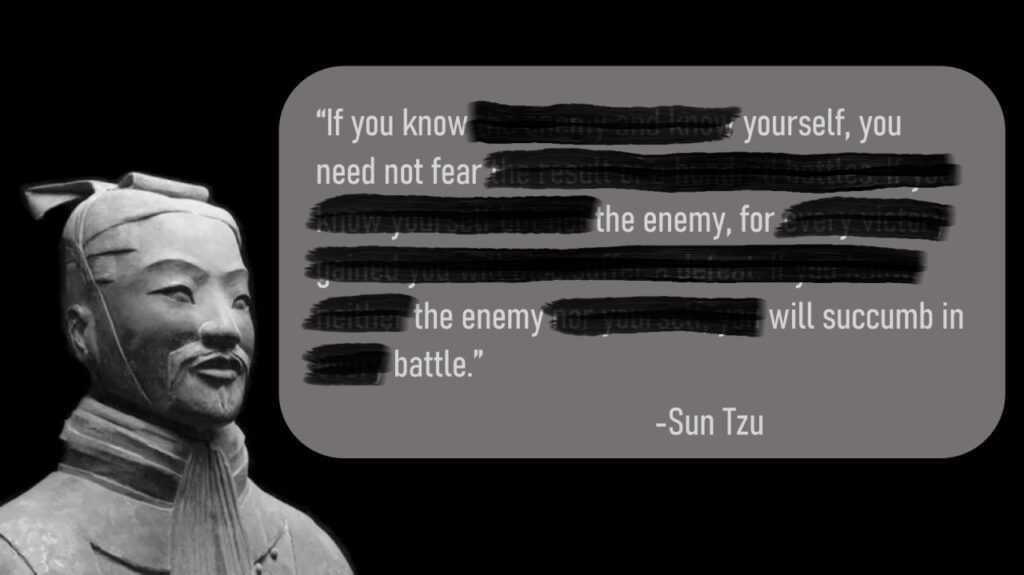The Art of War, written by Sun Tzu, provides timeless leadership lessons for modern warfare. Sun Tzu emphasizes knowing your enemy, the element of surprise, and the importance of strong leadership and planning. These principles still apply in modern warfare, where intelligence, surprise tactics, and effective leadership are crucial for success. Many military leaders have applied Sun Tzu’s teachings in conflicts around the world, including General Douglas MacArthur during WWII. By studying The Art of War, leaders can gain valuable insights into achieving success in today’s competitive and unpredictable environment. Sun Tzu’s wisdom continues to be relevant, guiding leaders to subdue their enemies without direct conflict.
The Art of War: Sun Tzu’s Timeless Leadership Lessons for Modern Warfare
Introduction
The Art of War is a classic Chinese text on military strategy written by Sun Tzu, a military general, strategist, and philosopher who lived in ancient China. The book is a comprehensive guide to warfare and leadership, offering timeless principles that are still relevant in modern warfare and business.
Key Lessons from The Art of War
1. Knowing Your Enemy
Sun Tzu emphasizes the importance of understanding your enemy’s strengths and weaknesses. By knowing your adversary, you can anticipate their moves and outmaneuver them in battle. This principle applies to modern warfare as well, where intelligence and reconnaissance are key to success.
2. The Element of Surprise
Sun Tzu stresses the importance of surprise in warfare. By catching your enemy off guard, you can gain a significant advantage and achieve victory with minimal casualties. This concept is still applicable in modern warfare, where tactics like ambushes and stealth missions can turn the tide of battle.
3. Leadership and Planning
Another key lesson from The Art of War is the importance of strong leadership and strategic planning. Sun Tzu emphasizes the need for leaders to inspire their troops, lead by example, and make decisions based on careful analysis and foresight. These principles are essential for success in modern warfare, where effective leadership can determine the outcome of a battle.
Applying Sun Tzu’s Principles in Modern Warfare
Many military leaders and strategists have studied The Art of War and applied its principles in modern warfare. From WWII to the present day, Sun Tzu’s teachings have influenced military tactics and strategies around the world. For example, General Douglas MacArthur famously used Sun Tzu’s principles during the Pacific campaign in WWII, achieving success by understanding his enemy and exploiting their weaknesses.
Conclusion
Overall, The Art of War offers timeless wisdom on leadership, strategy, and warfare that is still relevant in today’s world. By studying Sun Tzu’s teachings, military leaders and business executives can gain valuable insights into how to achieve success in a competitive and unpredictable environment. As Sun Tzu wrote, “The supreme art of war is to subdue the enemy without fighting.”
